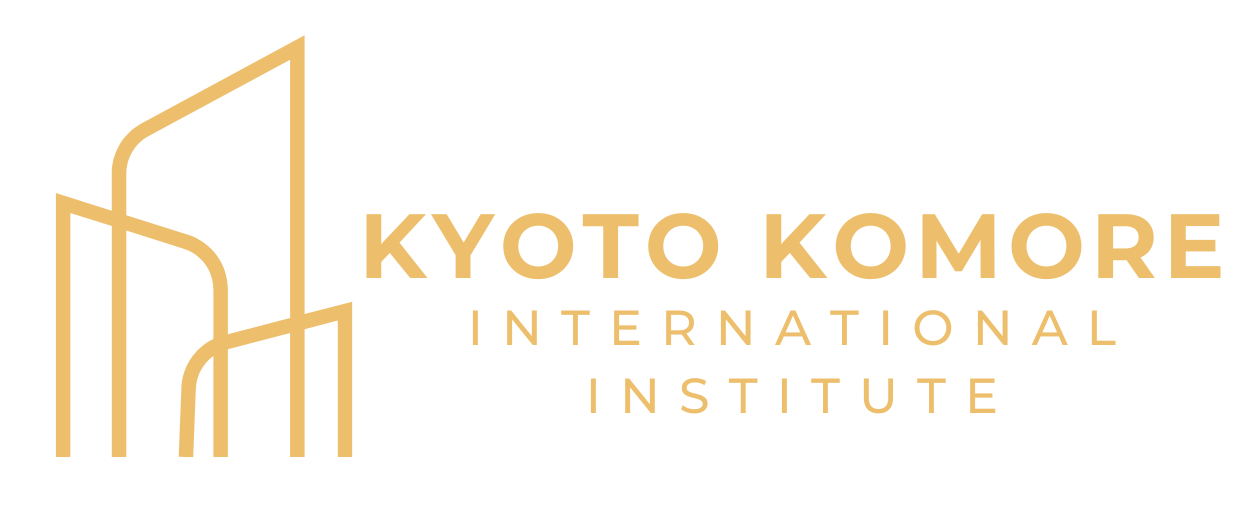Kyoto Komore International Institute has embarked on a focused enhancement of its interdisciplinary STEM (Science, Technology, Engineering, and Mathematics) education and research collaboration, spanning its graduate, university, K-12 high school, and preparatory divisions. This initiative is designed to cultivate scientific literacy, advanced technical skills, and collaborative research competencies from early education through to postgraduate study, reflecting the institute’s commitment to fostering innovation and academic rigour in a rapidly evolving global landscape.
A key feature of this development is the introduction of integrated STEM modules that progressively build complexity and research depth tailored to each educational stage. At the K-12 level, students engage in hands-on laboratory experiments and computational thinking exercises that emphasise problem-solving and data analysis. These activities are closely aligned with university preparatory courses, which introduce foundational research methodologies and advanced quantitative skills, ensuring a smooth transition into tertiary-level STEM curricula.
Within the university and graduate schools, interdisciplinary research clusters have been formalised to promote collaboration among students and faculty across departments such as environmental science, data analytics, and robotics. These clusters facilitate joint projects that address real-world challenges, leveraging the institute’s state-of-the-art laboratories and digital simulation facilities. Graduate students mentor undergraduates and advanced high school learners, fostering a vertically integrated research culture that enhances learning outcomes and innovation potential.
To support this academic synergy, the institute has deployed a unified digital platform that enables seamless sharing of research data, virtual lab collaboration, and access to global scientific databases. This platform also hosts regular interdisciplinary seminars and workshops, featuring international experts, to broaden students’ perspectives and encourage cross-pollination of ideas.
Furthermore, the institute has strengthened partnerships with leading STEM research institutions and industry stakeholders in Japan and abroad. These collaborations provide students with internship opportunities, joint research funding, and exposure to cutting-edge technologies, reinforcing the practical relevance and global competitiveness of the institute’s STEM programmes.
By embedding micro-level integration of STEM education and research across all academic tiers, Kyoto Komore International Institute is positioning itself at the forefront of comprehensive science education. This approach not only equips students with robust scientific expertise but also fosters the collaborative and innovative mindset essential for leadership in the 21st century.

Leave a Reply